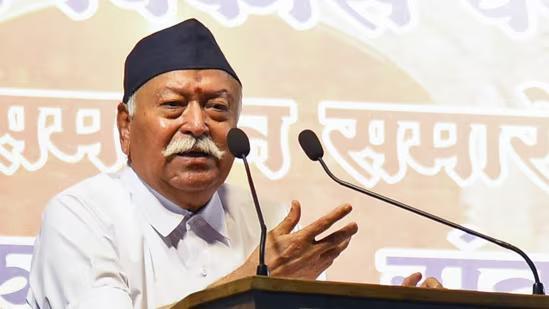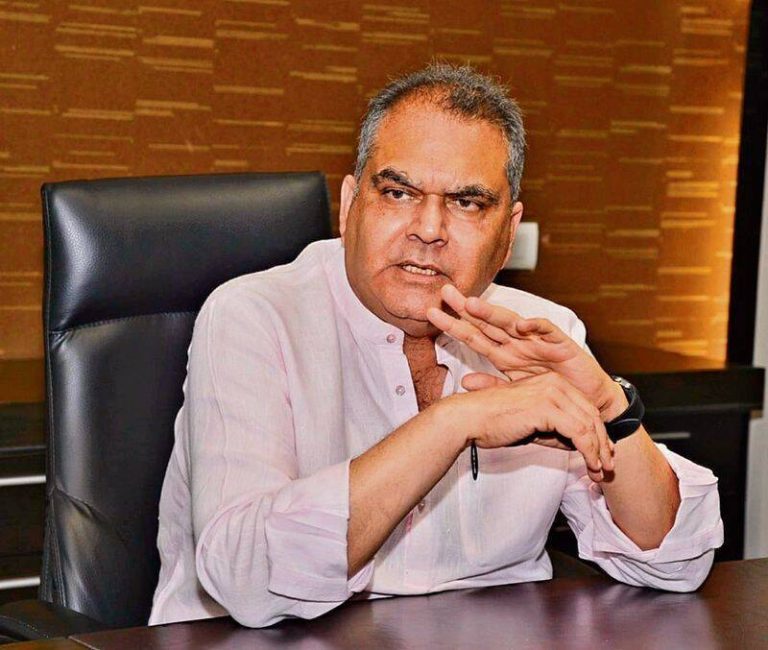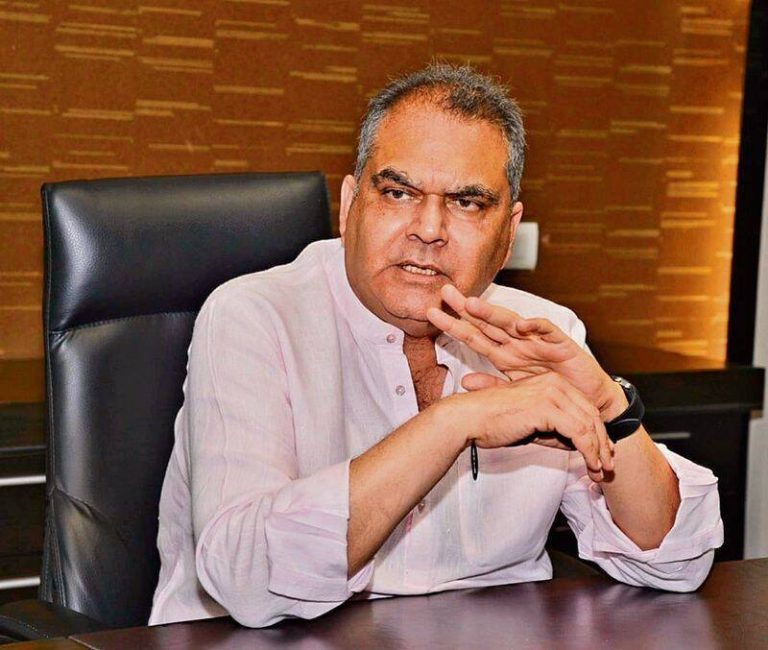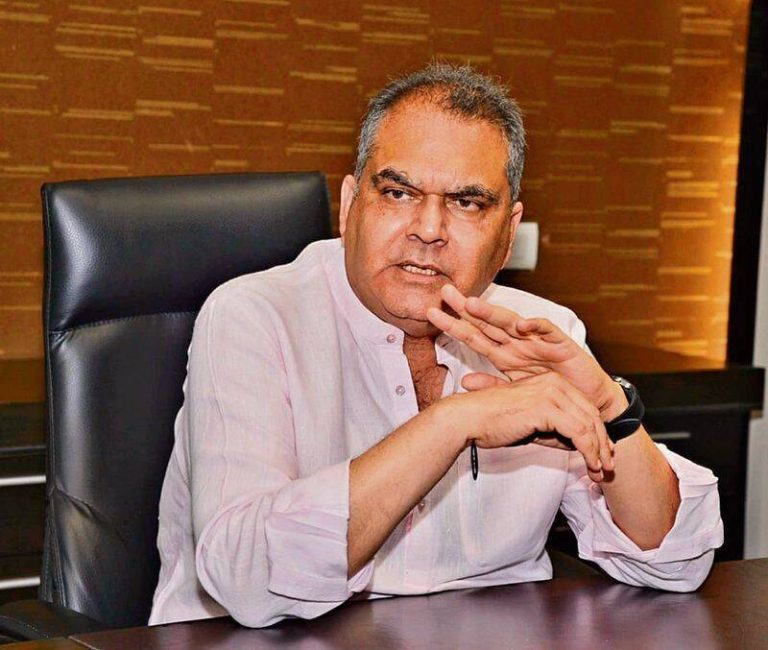
Muslims & Christians are also Hindus if they follow Indian culture: RSS chief Bhagwat
In a recent statement, Rashtriya Swayamsevak Sangh (RSS) chief Mohan Bhagwat has sparked a new debate by redefining the term “Hindu”. According to Bhagwat, anyone who takes pride in Bharat, the Indian subcontinent, and follows Indian culture can be considered a Hindu. This statement has raised eyebrows and sparked discussions across the country, with many questioning the implications of such a definition.
Bhagwat’s statement was made during a recent event, where he emphasized that being a Hindu is not just about following a particular religion or worshiping a specific deity. Instead, he said that it is about identifying with the Indian culture and civilization. “If Muslims and Christians, even without giving up their worship, customs and traditions, worship this country, follow Indian culture…then they are Hindus,” he said. This statement has been seen as an attempt to expand the definition of Hinduism and make it more inclusive.
The RSS chief’s statement has been met with a mix of reactions, with some hailing it as a progressive and inclusive move, while others have criticized it as an attempt to dilute the religious identity of minorities. Many have questioned whether it is possible for Muslims and Christians to be considered Hindus without giving up their own religious beliefs and practices. Others have argued that Bhagwat’s statement is an attempt to impose a Hindu identity on non-Hindu communities, which could be seen as a form of cultural imperialism.
However, Bhagwat has clarified that his statement is not about forcing anyone to give up their religious beliefs or practices. Instead, he is emphasizing the importance of identifying with the Indian culture and civilization, which is shared by people of all religions. “India does not need an official label to be a ‘Hindu Rashtra’ because its civilization already reflects it,” he said. This statement suggests that Bhagwat is not advocating for a theocratic state, but rather a cultural and national identity that transcends religious boundaries.
The concept of a “Hindu Rashtra” has been a topic of debate in India for several years, with some arguing that it is essential to establish a Hindu state to preserve the country’s cultural and religious heritage. However, others have argued that such a move would be detrimental to the country’s secular fabric and would lead to the marginalization of minority communities.
Bhagwat’s statement has also raised questions about the role of religion in defining national identity. Can a person be a Hindu without following the traditional practices and beliefs of Hinduism? Is it possible for people of other religions to identify with Hindu culture and civilization without giving up their own religious beliefs? These are complex questions that require careful consideration and debate.
In India, where people of different religions and cultures coexist, the concept of national identity is complex and multifaceted. While some may identify with a particular religion or culture, others may identify with a broader national identity that transcends religious boundaries. Bhagwat’s statement has highlighted the need for a more nuanced and inclusive understanding of national identity, one that recognizes the diversity of Indian culture and civilization.
In conclusion, RSS chief Mohan Bhagwat’s statement that Muslims and Christians can be considered Hindus if they follow Indian culture has sparked a new debate about the definition of Hinduism and national identity. While some have hailed it as a progressive and inclusive move, others have criticized it as an attempt to dilute the religious identity of minorities. As the debate continues, it is essential to recognize the complexity and diversity of Indian culture and civilization, and to work towards a more nuanced and inclusive understanding of national identity.






